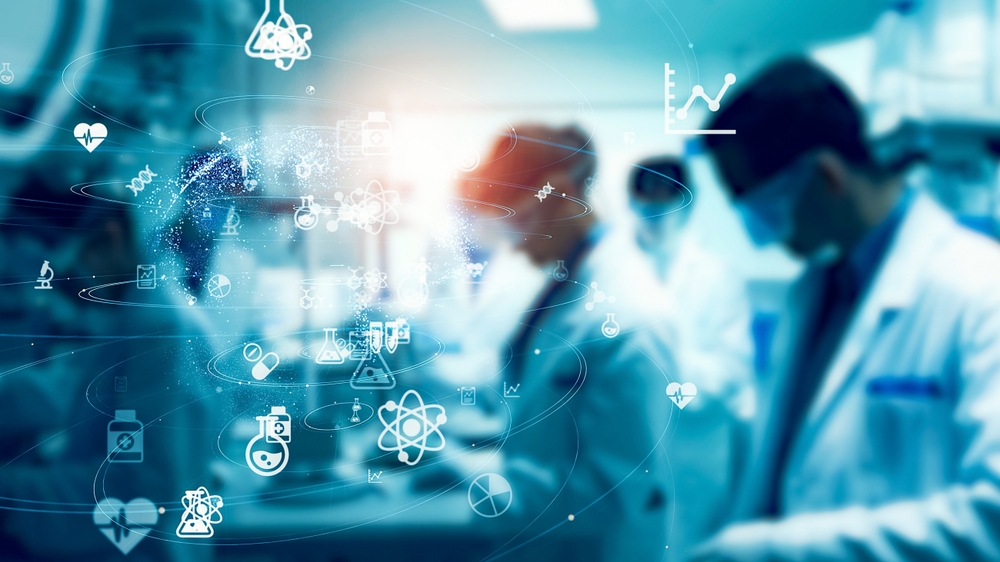Preclinical bioanalytical services play a crucial role in the early stages of drug discovery and development. These services are essential for evaluating the pharmacokinetics (PK), pharmacodynamics (PD), and safety profiles of new drug candidates, providing critical data that guide decision-making throughout the development process. By offering advanced analytical techniques and regulatory compliance, bioanalytical services support pharmaceutical companies in bringing safe, effective drugs to market more quickly and efficiently.
This article will explore how preclinical bioanalytical services support early drug discovery, their importance in drug development, and the key processes involved.
1. The Role of Preclinical Bioanalytical Services
Preclinical bioanalytical services are used to analyze biological samples such as blood, plasma, urine, and tissue to determine how a drug behaves in the body. These services are essential for evaluating a drug’s absorption, distribution, metabolism, and excretion (ADME) properties. By understanding these factors, scientists can better predict how a drug will perform in humans.
Key roles of bioanalytical services in early drug discovery include:
- Evaluating pharmacokinetics (PK): Determining how the drug is absorbed, distributed, metabolized, and eliminated by the body.
- Assessing pharmacodynamics (PD): Understanding the drug’s mechanism of action and its effects on biological targets.
- Supporting dose selection: Providing data to help determine the appropriate dosage for clinical trials.
- Ensuring drug safety: Identifying potential toxicities or adverse effects that may arise during drug development.
2. Importance in Early Drug Discovery
Preclinical bioanalytical services are vital in the early drug discovery process, where potential drug candidates are identified and evaluated for their therapeutic potential. Here’s why these services are so critical:
- Safety Profiling: Early detection of toxicities or side effects can prevent the development of unsafe drugs, saving time and resources. Bioanalytical services allow researchers to assess drug safety by monitoring biomarkers and analyzing adverse effects in preclinical models.
- Improving Drug Efficacy: By providing insights into a drug’s pharmacodynamic response, bioanalytical services help identify whether a drug candidate is likely to be effective. This reduces the likelihood of failure in later clinical trials.
- Streamlining Drug Development: Bioanalytical data helps in decision-making regarding which drug candidates to move forward with, streamlining the process and reducing costs associated with developing nonviable drugs.
3. Core Services Provided in Preclinical Bioanalysis
A. Pharmacokinetics (PK) and Pharmacodynamics (PD) Analysis
One of the key components of preclinical bioanalysis is PK/PD analysis. Pharmacokinetics involves measuring the time course of drug absorption, distribution, metabolism, and excretion, while pharmacodynamics measures the drug’s biological effects.
PK/PD data is essential for establishing appropriate dosing regimens, predicting drug efficacy, and identifying potential adverse reactions. Advanced bioanalytical techniques, such as liquid chromatography-mass spectrometry (LC-MS/MS), are used to quantify drug concentrations in biological samples and provide real-time data on the drug’s effects in vivo.
B. Biomarker Analysis
Biomarkers are measurable indicators of biological or pathological processes, and they play a vital role in drug discovery and development. Preclinical bioanalytical services help identify and validate biomarkers that can be used to assess drug efficacy, toxicity, or disease progression. Biomarker analysis provides early evidence of how a drug interacts with its target and whether it has the desired therapeutic effect.
C. Toxicokinetic (TK) Studies
Toxicokinetic studies are designed to evaluate the relationship between drug exposure and toxic effects. By analyzing how drug concentrations in the blood correlate with toxicity, bioanalytical services provide critical information for determining safe dosage levels and identifying potential safety concerns.
D. Metabolite Profiling
Understanding how a drug is metabolized in the body is crucial for predicting potential drug-drug interactions and toxicities. Preclinical bioanalytical services offer metabolite profiling, which identifies the metabolic pathways and the byproducts of drug metabolism. This information helps researchers optimize the chemical structure of the drug to enhance its safety and efficacy.
4. Advanced Analytical Techniques in Preclinical Bioanalysis
The complexity of large molecules, biologics, and small-molecule drugs requires advanced bioanalytical techniques for accurate measurement. Some of the most commonly used techniques in preclinical bioanalysis include:
- Liquid Chromatography-Mass Spectrometry (LC-MS/MS): A powerful tool for quantifying small and large molecules in complex biological matrices.
- Immunoassays: Used to measure proteins, peptides, and other biological molecules, immunoassays are widely used in preclinical studies.
- High-Performance Liquid Chromatography (HPLC): A separation technique used for the purification, identification, and quantification of drug compounds.
These advanced technologies enable precise measurements of drug concentrations, metabolites, and biomarkers, ensuring the reliability of bioanalytical data.
5. Regulatory Compliance and Quality Assurance
In addition to providing reliable data, preclinical bioanalytical services must adhere to strict regulatory guidelines to ensure compliance with global health authorities such as the FDA, EMA, and ICH. Compliance with Good Laboratory Practices (GLP) is essential to ensure that all bioanalytical methods are validated, reproducible, and adhere to standardized protocols.
Bioanalytical laboratories must also implement robust quality assurance (QA) programs to ensure data integrity, reproducibility, and regulatory compliance. By maintaining high standards of quality, bioanalytical services help pharmaceutical companies ensure that their data meets regulatory requirements and accelerates drug approval timelines.
6. The Role of Outsourcing in Preclinical Bioanalytical Services
Many pharmaceutical and biotechnology companies choose to outsource preclinical bioanalytical services to specialized contract research organizations (CROs). Outsourcing offers several benefits, including:
- Access to Expertise: CROs with expertise in bioanalysis can provide specialized services and advanced analytical techniques that may not be available in-house.
- Cost and Time Efficiency: Outsourcing bioanalytical services allows companies to reduce costs and streamline timelines, enabling them to focus on core research and development activities.
- Scalability: CROs offer scalable solutions for preclinical bioanalysis, allowing companies to handle large volumes of samples and meet tight deadlines.
Conclusion
Preclinical bioanalytical services are a cornerstone of early drug discovery and development. By providing accurate data on pharmacokinetics, pharmacodynamics, toxicity, and metabolite profiling, these services help pharmaceutical companies make informed decisions about which drug candidates to advance into clinical trials. Advanced bioanalytical techniques and strict regulatory compliance ensure that the data generated is reliable, reproducible, and meets global regulatory standards.


